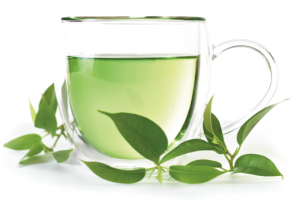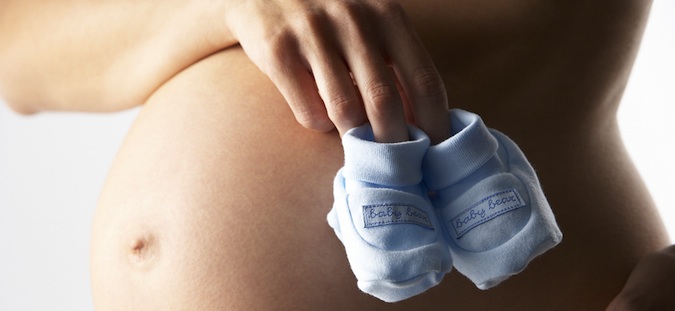
Severe morning sickness is caused by the hormones associated with early pregnancy. But it can also be down to a lack of vitamin B6 which is found in protein foods such as fish, meat and eggs as well as bananas and spinach.
However, while vomiting a few times a day is pretty normal, the severe type that the Duchess of Cambridge has in which she is vomiting up to 40 times a day is caused by a condition called hyperemesis gravidarum which needs specialist treatments with anti-sickness drugs and in severe cases, steroids.

Severe vomiting can quickly lead to dehydration in which case you would need rehydration treatment. If you’re vomiting more than few times a day talk to your GP or midwife, as you might be at risk of dehydration. In the meantime, here are some simple diet and lifestyle tips to help your morning sickness.
1. Eat little and often Graze through the day on small meals rather than taking the typical three meals.
2. Sip fluids Throughout the day, take small sips of water, lemonade or whatever other fluid you can drink rather than big gulps.
3. Try cold foods Some people find it easier to keep cold foods down when they have morning sickness because cold foods don’t tend to give off any smell. Many pregnant women say they feel sick when they’re cooking and that by the time they have cooked a meal they can’t face eating it. A lot of people find it works for them to stick to foods that don’t have to be heated or cooked.
4. Take your time over eating Eating slower is likely to lead to less nausea as you will give your body more time to digest each bite.
5. Eat bland Dry toast, plain biscuits, jacket potatoes and bananas are more likely to make you feel better than rich, sweet or spicy foods (having said that, if spicy food is the only thing you fancy then go for it – there are no real set rules). Such bland carbohydrate foods are quite low in fat and people find they can fill the emptiness in their stomachs without overloading the digestive system.
6. Get plenty of rest Tiredness makes nausea worse and you tend to be very tired during the first trimester of pregnancy.

7. Go for old remedies Ginger biscuits or products can help with nausea. Try grating some ginger and boiling it up for a few minutes as a tea. Peppermints or mint tea can also help.
8. Flat Coke or lemonade may help We don’t know why but some women find this helps them so if it works for you, go for it.
9. Try Nausea Bands Also called Travel Sickness Bands, you wear them around your wrist. Based on acupressure points, they’re a band made of fabric with a little plastic bit where you press when you feel sick. Some research has suggested that putting pressure on such points in the body may cause them to release certain chemicals that help reduce nausea and vomiting. You can get them from chemists and supermarkets. Try Travel Blue Comfort Bands £4.25 for two from chemist direct.co.uk
10. If you’re vomiting more than you keep in, see your GP or midwife You’re at risk of dehydration if you can’t keep food down for 24 hours so you need to see your GP or midwife (one key sign is having very dark-coloured urine). It’s important to get it checked out as nausea and vomiting can be signs of a urinary tract infection which is also common during pregnancy.
Like this article? Sign up to our newsletter to get more articles like this delivered straight to your inbox.





















































